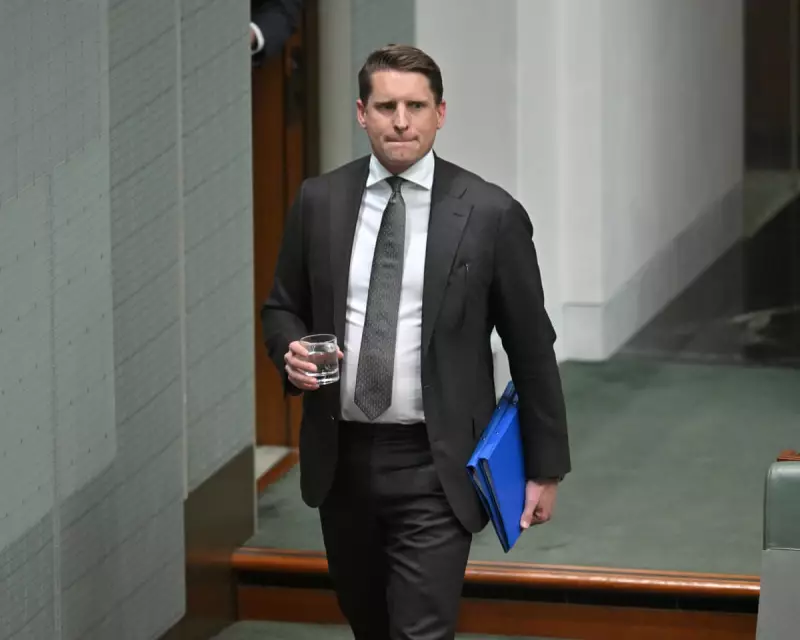
Senior Liberal MP and former defence minister Andrew Hastie has delivered a bombshell ultimatum to Opposition Leader Peter Dutton, threatening to resign from the coalition frontbench over the party's net zero emissions policy.
The West Australian MP, who currently serves as shadow defence minister, has declared he will quit his position unless significant changes are made to the coalition's approach to climate targets. This dramatic move exposes deep divisions within the Liberal Party and represents the most serious challenge to Dutton's leadership to date.
Policy Rebellion Reaches Boiling Point
Hastie's rebellion centres on the coalition's commitment to Australia's 2050 net zero target, which he argues is causing substantial damage to the nation's economic interests and energy security. The prominent conservative figure has been increasingly vocal about his concerns, but this public ultimatum marks a significant escalation in the internal conflict.
'I cannot in good conscience support a policy that I believe undermines our national security and economic prosperity,' Hastie stated in a tense party room meeting. 'If we don't change course dramatically, I will have no choice but to step down from my frontbench responsibilities.'
Dutton's Leadership Under Fire
The threat comes at a critical time for Peter Dutton, who has been attempting to maintain unity within the coalition while developing alternative climate policies. Hastie's departure would represent a major blow to the opposition leader's authority and could trigger further defections from the party's right wing.
Political analysts suggest this confrontation reflects broader tensions within the Liberal Party between moderates who support climate action and conservatives who view net zero targets as economically damaging. The public nature of Hastie's threat indicates these divisions have reached breaking point.
Industry and Environmental Reactions
The escalating conflict has drawn reactions from across the political spectrum. Business groups have expressed concern about policy uncertainty, while environmental advocates warn against abandoning climate commitments.
Energy Minister Chris Bowen seized on the division, stating: 'This shows the coalition is completely divided and unfit to govern. They can't even agree on basic climate science, let alone develop coherent energy policy.'
As the deadline for Hastie's ultimatum approaches, all eyes are on Peter Dutton's next move. Will he compromise to keep his shadow minister, or risk a major resignation that could destabilise his leadership? The future of Australia's climate policy may hinge on this high-stakes political standoff.






